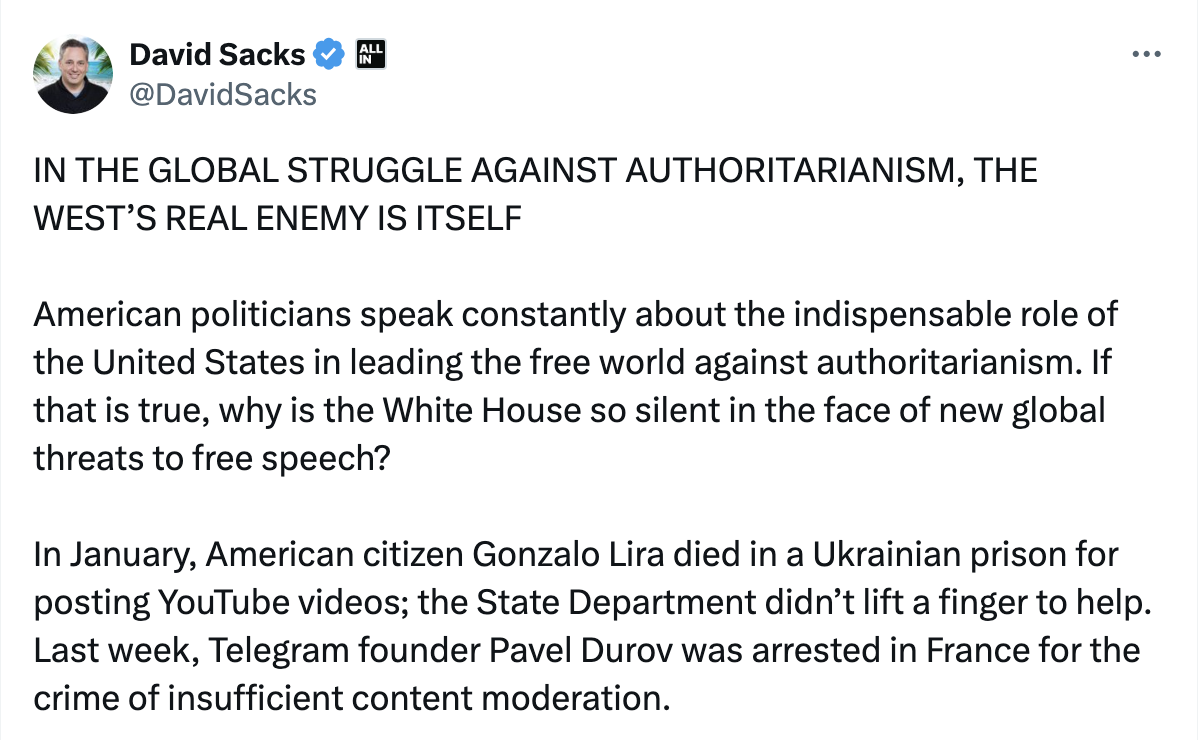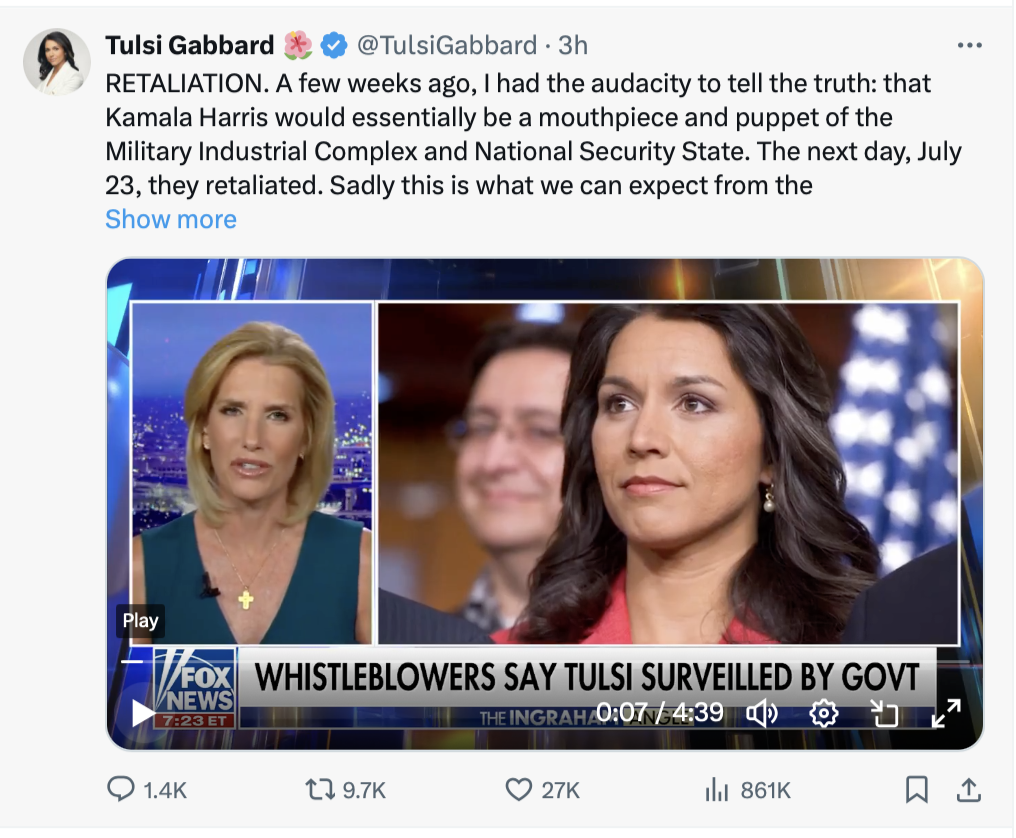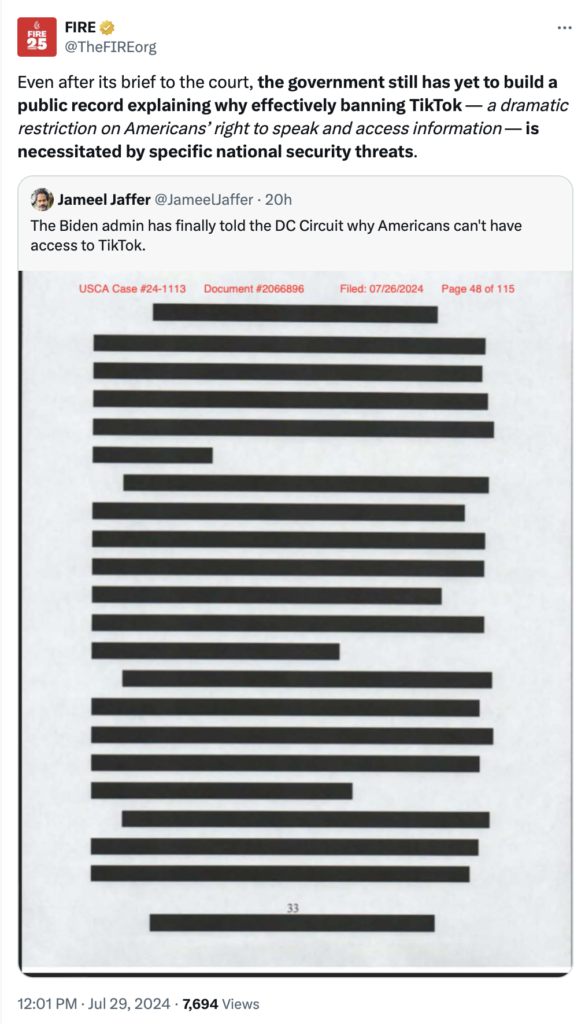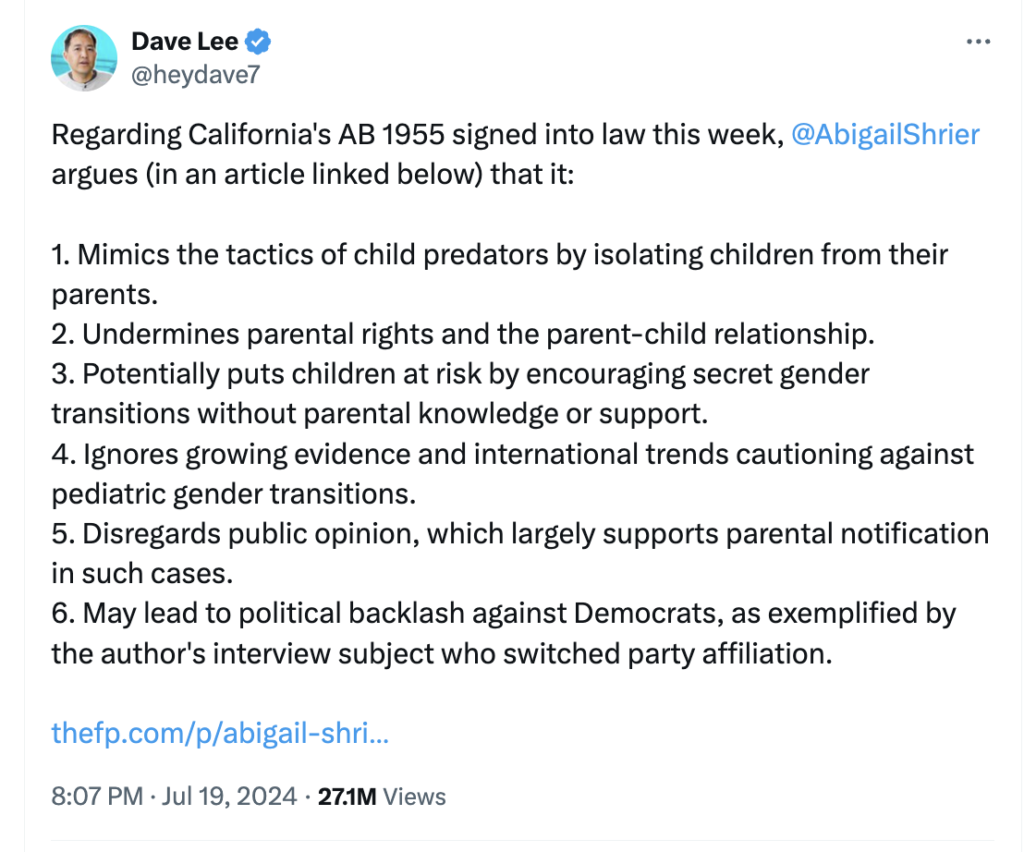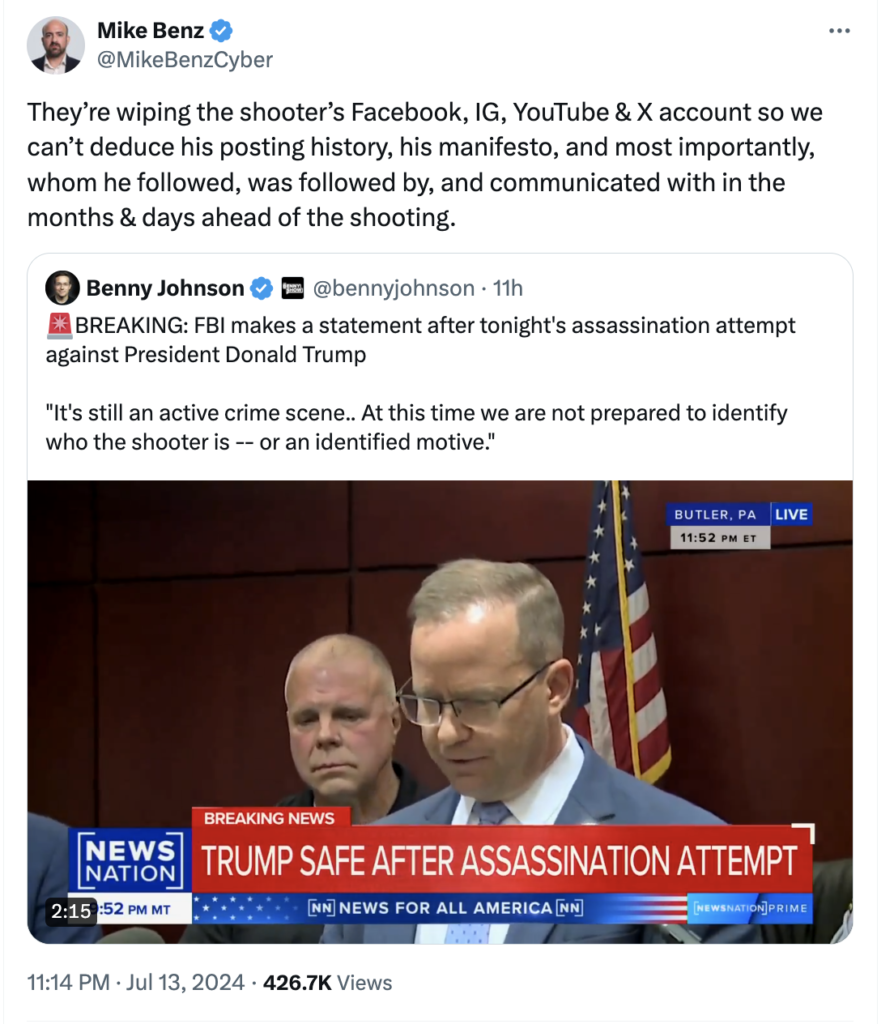The Silence of the White House While Speech is Being Muzzled World Wide
The silence of the White House is Deafening, too horrible for most Americans to contemplate even though it deeply affects every American.
David Sachs:
"American politicians speak constantly about the indispensable role of the United States in leading the free world against authoritarianism. If that is true, why is the White House so silent in the face of new global threats to free speech? In January, American citizen Gonzalo Lira died in a Ukrainian prison for posting YouTube videos; the State Department didn’t lift a finger to help. Last week, Telegram founder Pavel Durov was arrested in France for the crime of insufficient content moderation. Now Brazil has banned X for resisting the diktats of a tyrannical judge, who salivates over the possibility of jailing @elonmusk.
The EU is one step behind, with Eurocrat Thierry Breton pursuing a criminal investigation against Elon for “platforming disinformation,” which Breton defines to include a conversation with Donald Trump.
In the UK, the government of Keir Starmer imprisons critics of open borders with more zeal than it prosecutes violent crime. In Canada, Justin Trudeau crushed a trucker protest against vaccine mandates by asserting sweeping new powers to freeze bank accounts.
At no point has the White House expressed concern about this new iron curtain that seems to be descending across the West. Quite the contrary, Mark Zuckerberg confirmed that the Biden-Harris administration repeatedly pressured Meta to censor during Covid. Worse, the FBI primed Facebook to censor true stories about Biden Family corruption by suggesting that Hunter Biden’s laptop was Russian disinformation (even though the FBI knew it was authentic).
Barring court intervention, TikTok will shut down in the U.S. on January 19, 2025 thanks to a new power authorized by Congress to ban websites and applications that the President determines are subject to the influence of a foreign adversary. X may not be far behind if liberal elites and deep state apparatchiks like Robert Reich and Alexander Vindman get their wish. They have called for the U.S. to adopt Brazil’s and the EU’s approach and “rein in” Elon Musk.
Hypocritically, the same voices demanding this crackdown are also the loudest in proclaiming the West to be engaged in a “war on authoritarianism” against countries like Russia and China. But whatever their other sins, Russia and China are in no position to deprive American citizens of their free speech rights; only our own government can do that.
Similarly, if Western leaders truly wanted to prevent authoritarianism, the easiest place to start would be at home, protecting the civil liberties of their own citizens. Instead they seem obsessed with deflecting the public’s attention onto foreign enemies, as Orwell depicted in the Two Minutes Hate in 1984.
As this battle over free speech heats up in an election year, where do the candidates stand? Donald Trump has declared his support for free speech whereas Kamala Harris has said nothing and can be expected to continue her administration’s policy of tacit approval of creeping censorship. In just two months, Americans will decide. Do we actually lead the free world in standing up for free speech, or do we accept the authoritarianism we claim to detest so much?"

